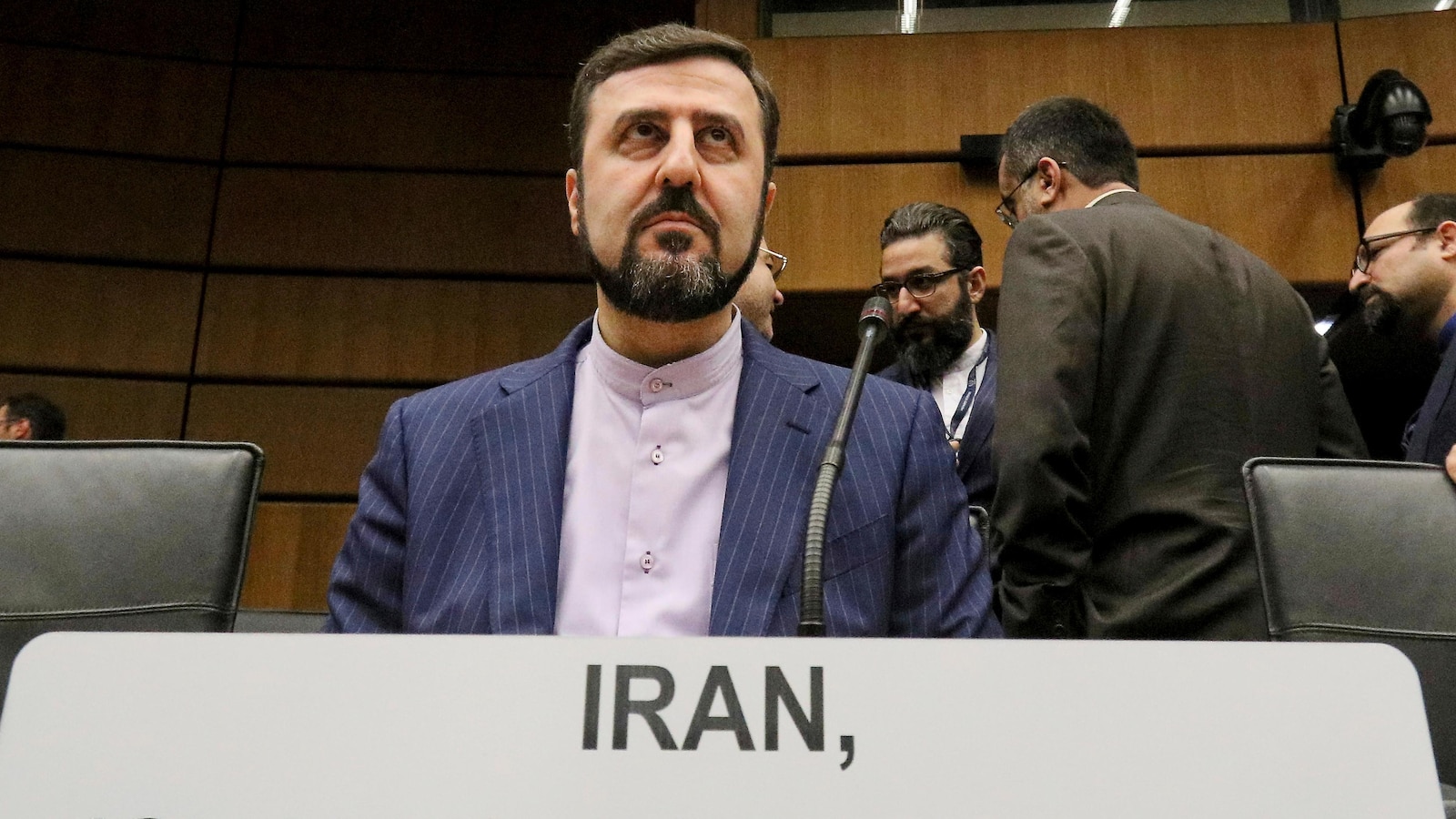European Powers Threaten Iran Sanctions Over Nuclear Program
Britain, France, and Germany threaten to reimpose sanctions on Iran. This is due to Iran's nuclear program, non-compliance, and stalled nuclear deal negotiations.
Subscribe to unlock this story
We really don't like cutting you off, but you've reached your monthly limit. At just $5/month, subscriptions are how we keep this project going. Start your free 7-day trial today!
Get StartedHave an account? Sign in
Overview
- Britain, France, and Germany are threatening to reimpose sanctions on Iran as a deadline approaches for the country to resume negotiations over its nuclear program.
- The European powers plan to use the 'snapback' mechanism to reinstate sanctions, a measure communicated in letters sent to the United Nations.
- This diplomatic pressure follows a period of deadlock and discussions with Iran, occurring after a recent 12-day conflict.
- A key concern is Iran's suspension of cooperation with the International Atomic Energy Agency (IAEA), hindering international oversight of its nuclear activities.
- The threat also arises from the lack of progress in nuclear deal talks between Iran and Washington, contributing to the ongoing international tensions.
Report issue

Read both sides in 5 minutes each day
Analysis
Center-leaning sources cover the story neutrally by presenting factual developments without overt editorial bias. They focus on reporting the actions and statements of all parties involved, providing necessary context, and including diverse perspectives through direct quotes, rather than shaping a particular narrative.
Articles (3)
Center (2)
FAQ
The 'snapback' mechanism allows parties to the nuclear deal to reinstate UN sanctions on Iran swiftly if Iran is found non-compliant with its nuclear obligations, bypassing longer negotiation processes.
They are threatening sanctions due to Iran's non-compliance with nuclear obligations, suspension of cooperation with the IAEA, stalled nuclear deal negotiations, and increased nuclear activities such as uranium enrichment.
Iran's nuclear program has largely survived the strikes, retaining its capability and materials to rebuild and potentially produce a nuclear weapon within months to a year if it decides to do so.
Iran has sharply increased its stockpile of uranium enriched to 60% purity by nearly 50% since February 2025, reaching over 408 kilograms, close to weapons-grade levels.
The recent 12-day conflict and Iran's suspension of cooperation with the IAEA have intensified tensions, causing deadlock in nuclear deal talks and prompting European powers to threaten sanctions to pressure Iran back to negotiations.
History
- This story does not have any previous versions.


